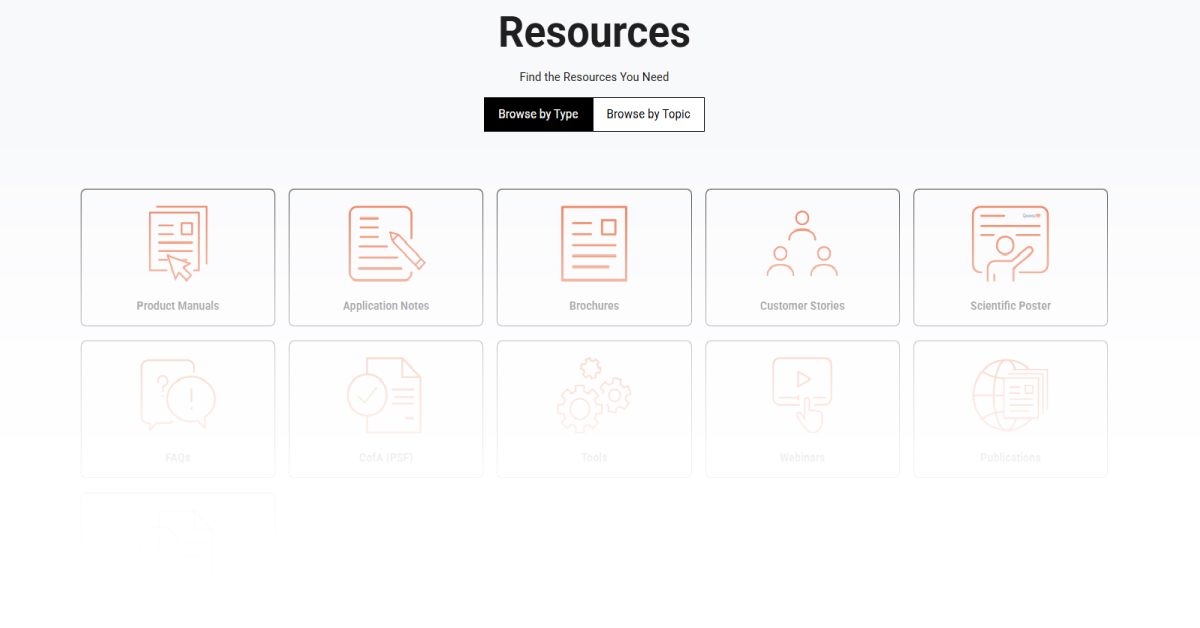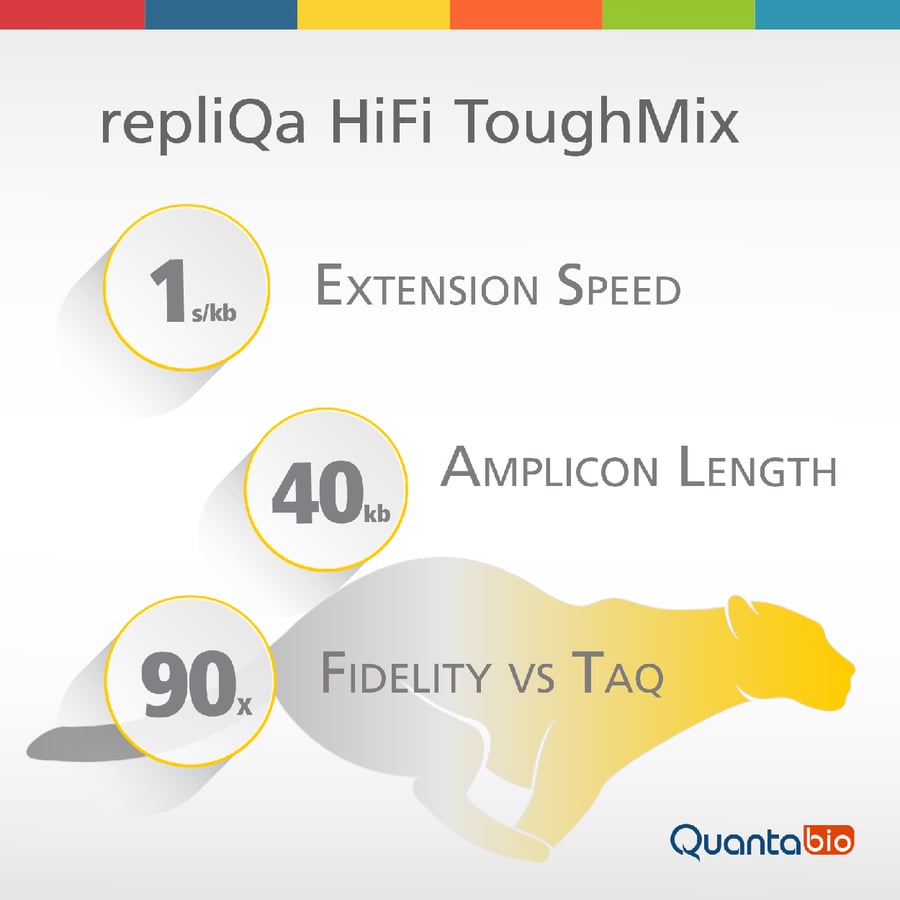Metagenomics Express: New Study Reports Faster Library Prep for 16S rRNA Analysis
16S rRNA analysis is the Swiss Army knife of microbiology: it enables taxonomic identification of bacterial species for applications ranging from environmental pathogen surveillance to identification of antibiotic resistance for patient care — and much more.
But 16S rRNA analysis isn’t a straightforward technique. With so many PCR enzymes to choose from, scientists can have a great experience or a truly lousy one. The choice of enzyme for the PCR amplification steps can have a significant impact on the sequencing error rate, the abundance of chimeric sequences, and the species representation of the original sample. Different enzymes also affect ease and speed of library preparation, with knock-on effects on sample throughput and costs.
Because 16S rRNA analysis is so important for scientists working with next-generation sequencers, the Quantabio team has prepared an application note detailing library preparation techniques for 16S rRNA sequencing. With our deep expertise in enzymology, we can provide unique insight into the performance and function of a variety of PCR enzymes. Our application note reports results from three Quantabio PCR master mixes, demonstrating fast, reliable workflows and high-quality sequencing data suitable for a range of applications.
A rapid alternative is much needed for 16S rRNA analysis, which is often a laborious and time-consuming process. A typical amplicon-based 16S rRNA protocol takes three hours, involving two rounds of PCR and two bead cleanup steps. In our study, we prepared 16S rRNA sequencing libraries from a test sample of three bacterial species using AccuStart II PCR ToughMix, sparQ HiFi PCR Master Mix, or repliQa HiFi ToughMix.
The application note reports a novel protocol for 16S rRNA library preparation, achieving results in less than two hours with minimal hands-on time. This was enabled by repliQa HiFi ToughMix, a new master mix that enables rapid NGS workflows. In a subsequent experiment, we tried the same product without performing the first bead cleanup step, which saved time — the overall workflow took less than 90 minutes — with no negative impact on species identification.
The other products gave more standard timelines of nearly three hours. All three libraries resulted in a high yield of PCR products of the desired size, making any of the master mixes a good choice for 16S rRNA analysis. But when workflow time has to be minimized, repliQa HiFi ToughMix is the best option to deliver high-quality sequencing data.
To learn more, please check out the step-by-step technical procedures we evaluated in the application note.
Recent posts


Subscribe to Our Blog
Read More

App Note: PCR Amplification Guidelines for the ‘Enzyme of Choice’

10 Ways Customers Use Our repliQa HiFi ToughMix

